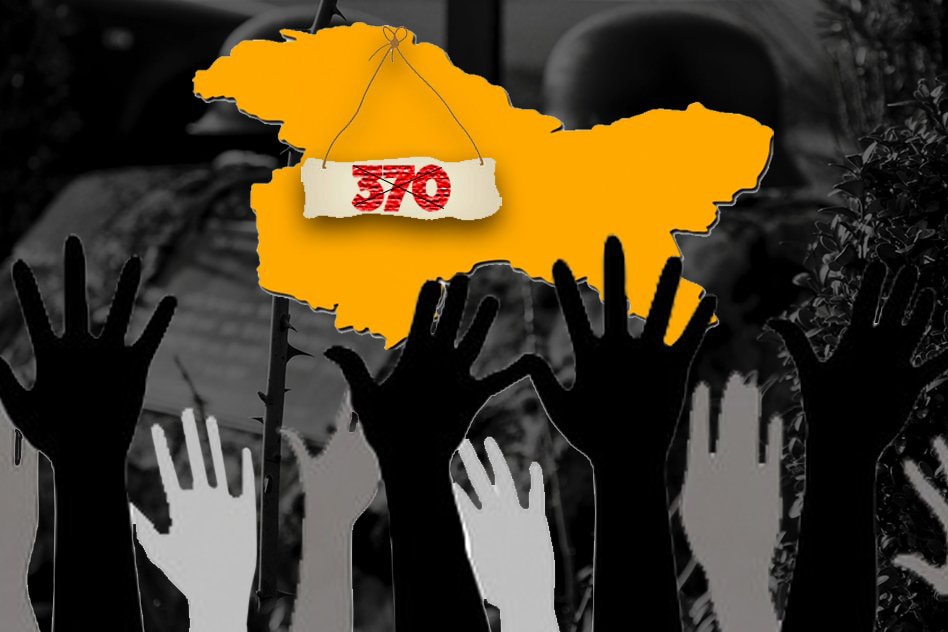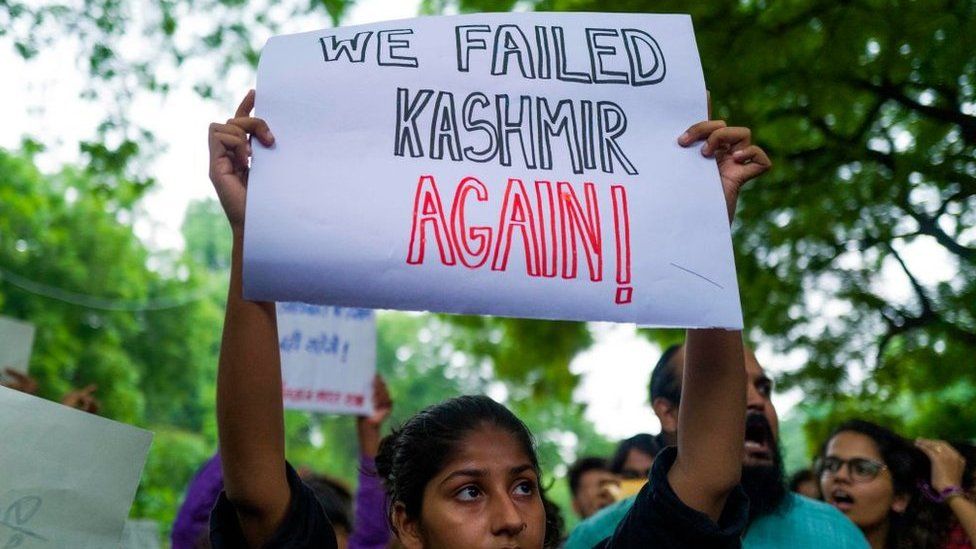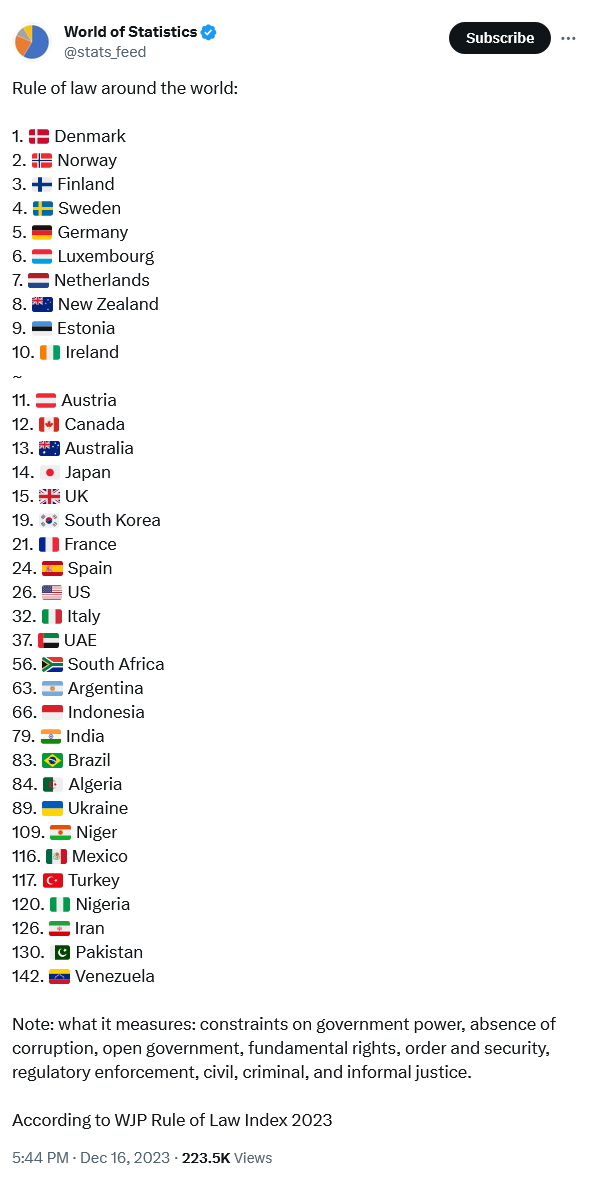Explore the nuanced layers of Article 370 in India's constitutional framework, its historical significance, and the complexities surrounding its reform. A comprehensive journey into the heart of legislative changes.
#Article370 #ConstitutionalReform #IndianConstitution #JammuAndKashmir #LegislativeChanges
Article 370 - Unveiling the Complex Layers of India's Constitutional Landscape
In the intricate tapestry of India's constitutional framework, few threads are as intricate and contentious as Article 370. This article embarks on a comprehensive exploration of the historical significance, the intricate layers, and the reforms that have shaped the narrative surrounding Article 370.
Introduction: Navigating the Constitutional Terrain
Article 370, often a focal point of discussion, has been a cornerstone of India's constitutional landscape. It is a provision that extends special autonomy to the region of Jammu and Kashmir, imbuing it with unique characteristics that have sparked debates and reforms over the years.
Historical Roots: The Genesis of Article 370
To understand the complexities surrounding Article 370, we must delve into its historical roots. Crafted as a temporary provision within the Indian Constitution, Article 370 was intended to grant autonomy to the state of Jammu and Kashmir while fostering its eventual integration into the Indian Union. The historical context becomes a crucial lens through which we interpret its evolution.
Autonomy and Special Status: The Layers of Article 370
Article 370 granted Jammu and Kashmir a special status, providing the state with a degree of autonomy in matters beyond defense, foreign affairs, finance, and communications. Unraveling the layers of this provision reveals the delicate balance between autonomy and integration that has defined the relationship between the state and the Union.
Challenges and Debates: The Contested Legacy
Over the years, Article 370 became a source of contention, with debates centering on the balance between autonomy and national integration. The challenges faced by the provision, ranging from questions of equity to political representation, have fueled a discourse that has echoed through the corridors of power and public opinion.
Reforms and Legislative Changes: Shaping the Narrative
Recent years have witnessed significant legislative changes, challenging the status quo of Article 370. The abrogation of its special status in 2019 marked a pivotal moment in India's constitutional history. Understanding the motives, implications, and consequences of these reforms is crucial for comprehending the evolving nature of India's federal structure.
The Regional Impact: Jammu and Kashmir Post Reforms
Examining the post-reform landscape in Jammu and Kashmir sheds light on the regional impact of these legislative changes. It explores the socio-political dynamics, the aspirations of the people, and the efforts towards reconstruction and development in the aftermath of the alterations to Article 370.
Looking Forward: Constitutional Trajectory
As we navigate through the complex layers of Article 370, we must also look forward. What does the future hold for Jammu and Kashmir within the Indian constitutional framework? How will the reforms shape the trajectory of the region, and what implications will they have for the larger constitutional discourse in India?
Conclusion: The Ongoing Discourse
In conclusion, Article 370 stands as a testament to the intricacies and challenges embedded in India's constitutional journey. By unraveling its historical roots, layers, debates, reforms, and regional impact, we gain a comprehensive understanding of this constitutional provision and its place in the ongoing discourse that shapes the destiny of a nation.















